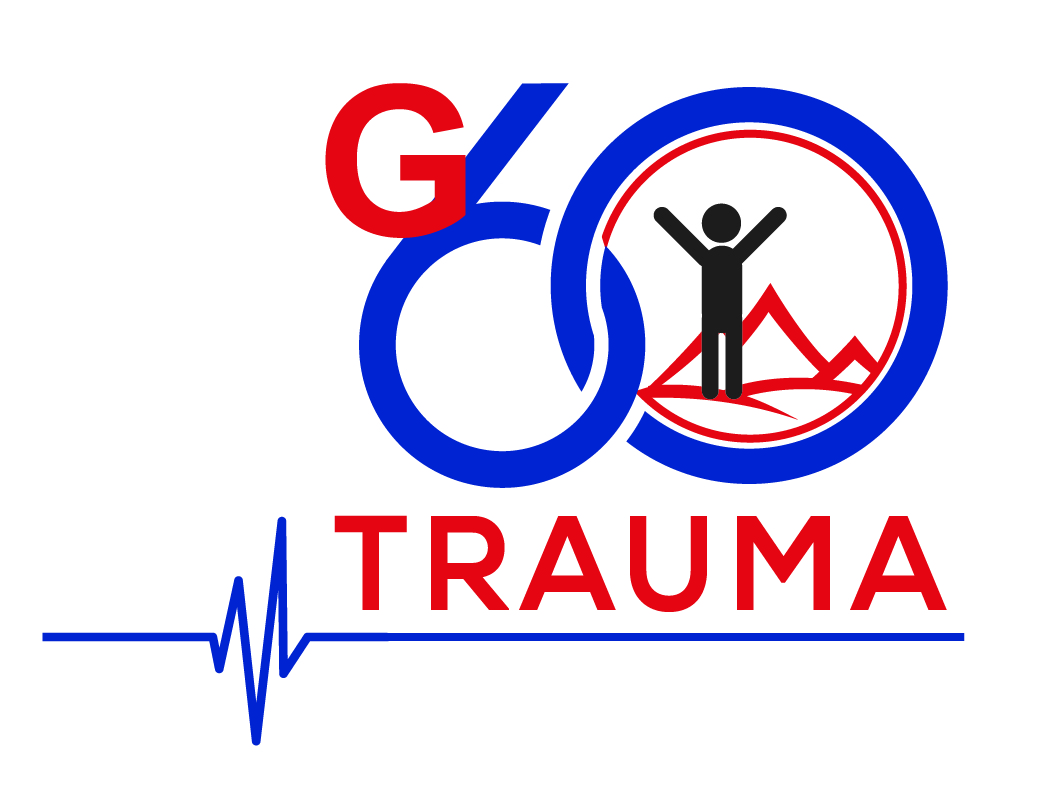Who is G60?
Age 60 Years and Older
A G60 patient has a life expectancy of 84 years (for females) and 81 years (for males). Their leading causes of death are heart disease, cancer, chronic lower respiratory disease, trauma (unintentional injuries) and stroke.
Healthy
Seventy eight percent of G60 trauma patients have an assessed health status as good to excellent prior to their traumatic incident.
Living Arrangement
Seventy percent of G60 patients live with a spouse, twenty percent live alone, six percent live with other relatives, and four percent live with non-relatives.
Chronic Health Conditions
G60 patients have chronic health conditions such as: hypertension males (55%) and females (57%); arthritis males (43%) and females (54%); heart disease males (35%) and females (25%).
Functional Limitations
G60 patients have functional limitations such as: any disability males (19%) and females (24%); mobility males (11%) and females (17%); hearing males (8%) and females (4%); vision males (3%) and females (4%).
Prescription Medications
Prior to traumatic event, G60 patients are on one or more prescription medications (blood thinners, diabetes meds, etc).
Physically Active Lifestyle
Walking, dancing, gardening, hiking, swimming, cycling, occupation, house hold chores, playing, games, sports and community activities are all daily / routine activities for G60 patients.
Falls & Injuries
G60 patients are at risk for falls and fall-related injuries including: bruises and scrapes, fractures, head trauma, and major lacerations.
Motor Vehicles
G60 patients are at risk for motor vehicle accidents.





